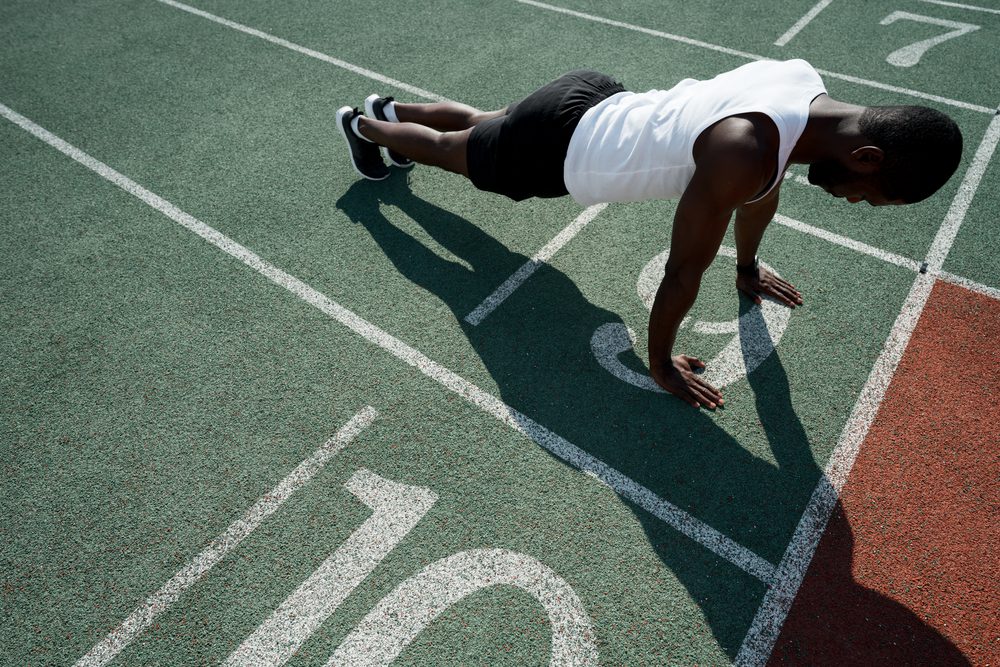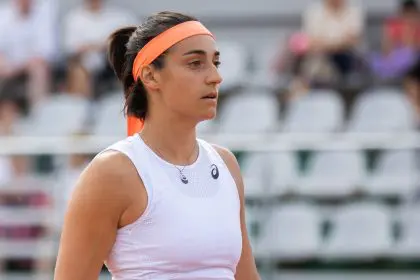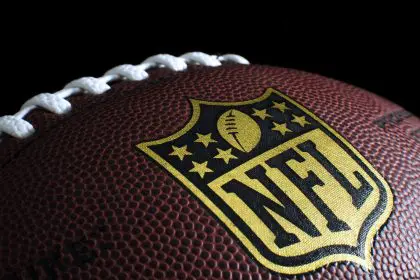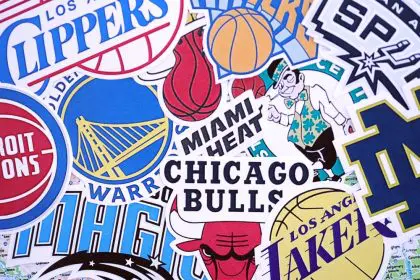In a significant move that could reshape the landscape of college athletics, Georgia Governor Brian Kemp has signed an executive order allowing universities in the state to directly pay athletes through name, image and likeness (NIL) agreements. This decision comes amid ongoing legal battles surrounding NCAA regulations and athlete compensation, particularly the NCAA v. House case.
Understanding the executive order
On Sept. 17, 2024, Kemp’s executive order was enacted, enabling Georgia’s universities to compensate student-athletes without fear of penalties from the NCAA or their respective conferences. This order stands in stark contrast to existing NCAA rules, which have historically restricted such financial arrangements.
As reported by ESPN, the executive order not only permits direct payments to athletes but also shields Georgia schools from potential NCAA sanctions for engaging in these NIL agreements. This immediate effect contrasts with the anticipated rules from the NCAA v. House settlement, which would not take effect until the next academic year.
Implications for Georgia’s universities
Despite the newfound freedom to pay athletes, neither the University of Georgia nor Georgia Tech has announced plans to implement these payments immediately. Athletic Directors Josh Brooks and J Batt expressed their gratitude to Kemp, acknowledging that the order provides their institutions with essential tools to support student-athletes pursuing NIL opportunities. However, they have not committed to paying players at this time.
Comparative legislation: Virginia’s similar move
Georgia’s executive order follows a similar law passed in Virginia in July 2024, which also allows universities to pay athletes directly without the risk of NCAA repercussions. These legislative changes in both states signify a growing trend toward athlete compensation, challenging the traditional NCAA framework.
The potential for unrestricted payments
With the new laws in Georgia and Virginia, schools can begin compensating players without any caps on payment amounts. This is a stark contrast to the proposed antitrust settlement, which would limit NIL payments to just over $20 million in the first year, with incremental increases thereafter. If Georgia and Virginia universities decide to act on this newfound authority, the NCAA’s only recourse may be to pursue further legal action.
Legal context and ongoing challenges
The executive order highlights the inconsistencies in NCAA regulations, as noted in the order itself. It argues that the current legal landscape creates a patchwork of rules that complicate the regulation of intercollegiate athletics. This sentiment is echoed in the ongoing NCAA v. House case, where a federal judge has expressed concerns about the NCAA’s proposed regulations being overly strict and potentially detrimental to athletes’ existing NIL agreements.
U.S. District Judge Claudia Wilken has indicated that she may not approve the current settlement, which includes nearly $2.8 billion in damages. The judge has requested that the involved parties return with a revised proposal by Sept. 26, 2024, to address her concerns.
A new era for college athletics
Kemp’s executive order marks a pivotal moment in the evolution of college athletics, particularly concerning athlete compensation. As universities in Georgia and Virginia explore their new powers, the implications for recruitment, athlete welfare and the overall structure of college sports could be profound. The NCAA’s response to these developments will be crucial as it navigates this changing landscape.














